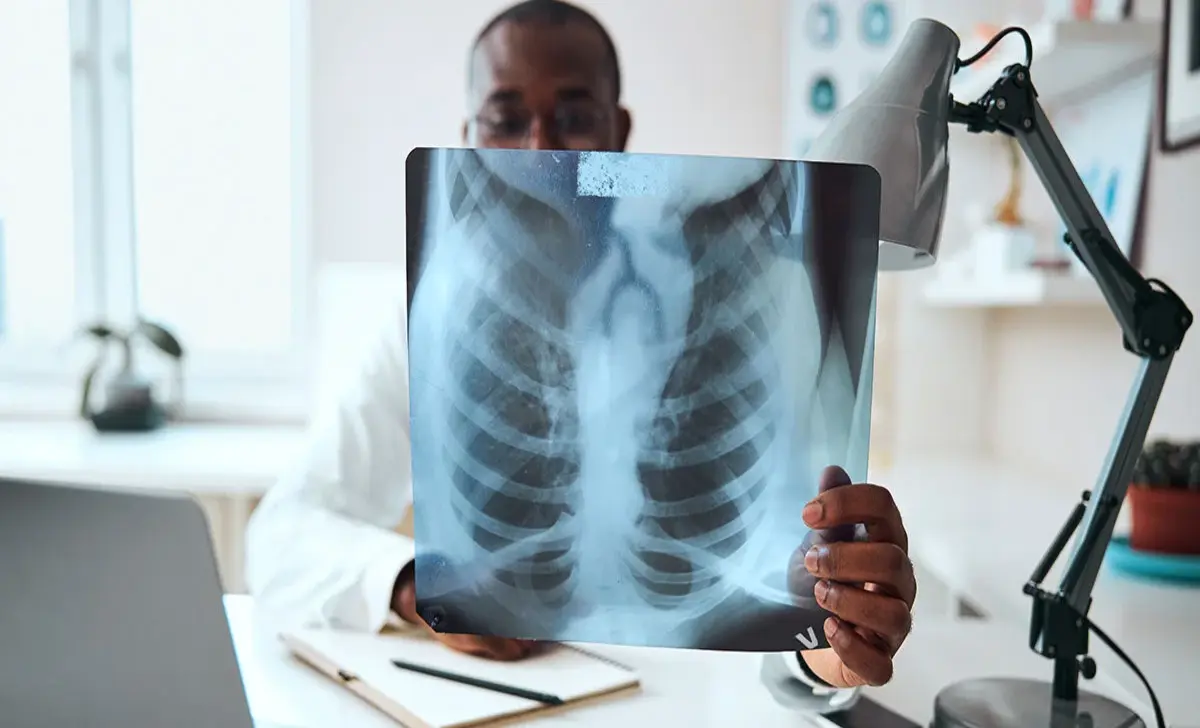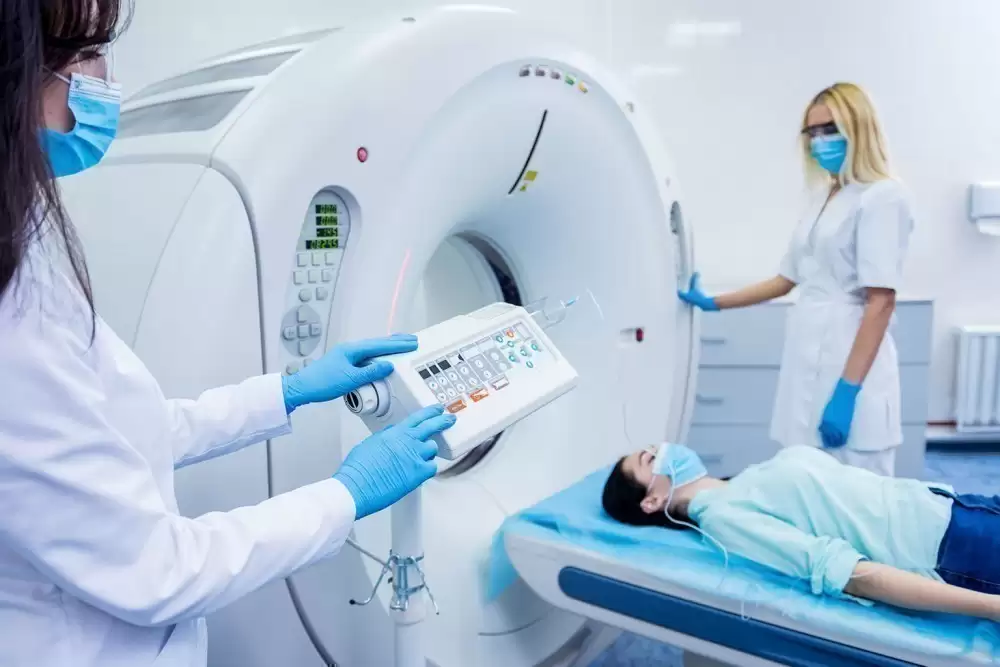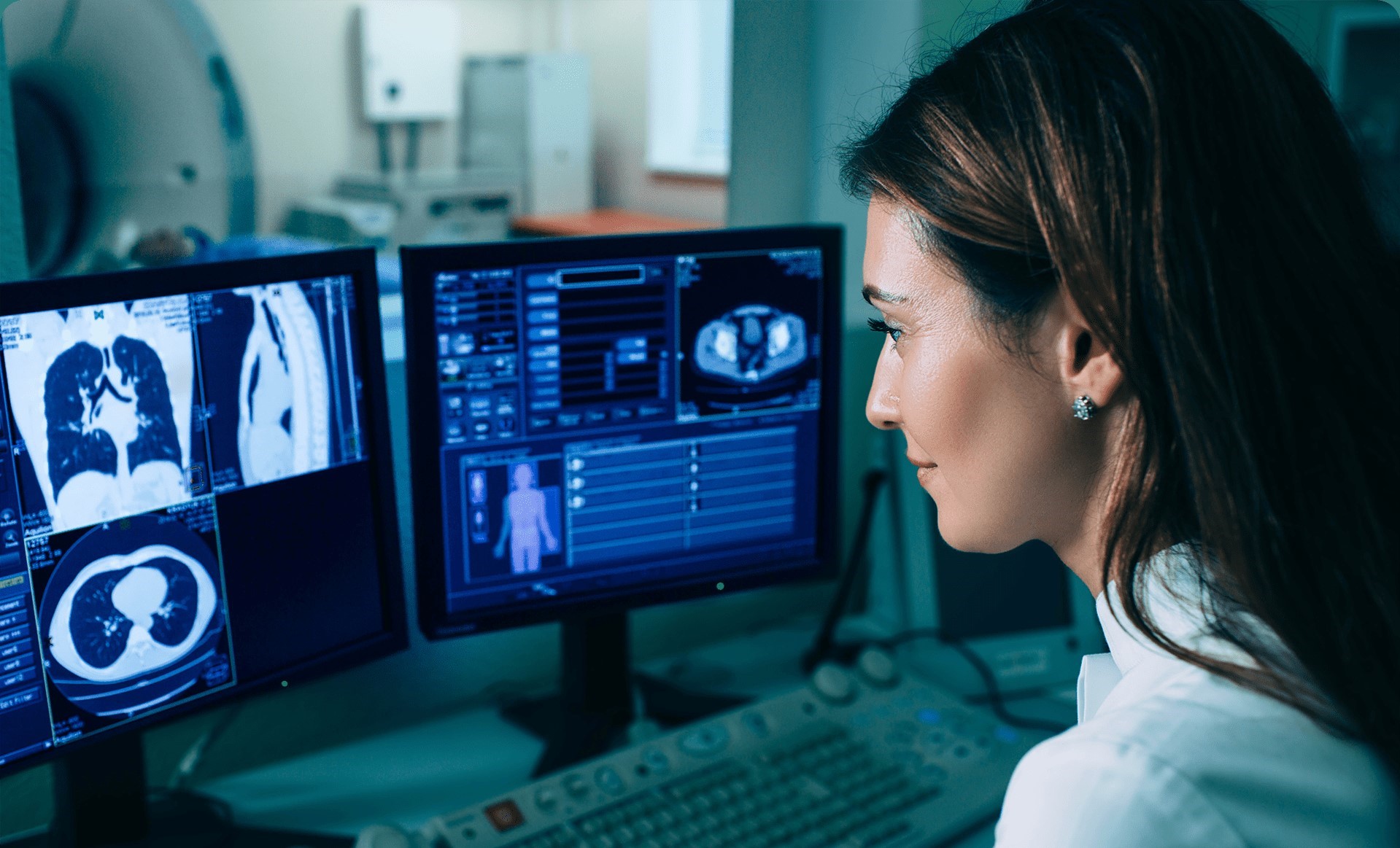
Radiology is an especial branch of science that uses to diagnose to treat diseases. The doctors who specialize in radiology are called radiologists. These medical doctors specialize in diagnosing and treating disease and injury, using medical imaging techniques and machines like x-rays, computed tomography (CT) scan, Magnetic resonance imaging (MRI), and many others.
So, suppose you need to diagnose yourself from a different machine. In that case, you need some radiologist or radiology expert to use CT scan, X-ray scan, MRI, PET, and other diagnoses machines. Radiology is the medical specialty that uses medical imaging to diagnose and treat diseases within the body.
Radiology treatment is treatment that uses x-rays, electromagnetic radiation, sound waves, and other forms of energy to diagnose and treat diseases and conditions. It is a form of medicine that uses a variety of imaging technologies to diagnose and treat a range of illnesses and conditions, from broken bones and tumors to heart disease and stroke. Radiology treatment may involve medications, surgery, radiation therapy, and physical therapies.
Common uses of radiology treatment include
Diagnostic Imaging:Radiographers use x-rays, ultrasounds, and computed tomography (CT) scans to create detailed images of the body. These images can help doctors make a diagnosis, select treatments, and monitor progress.
Interventional Radiology: With the help of imaging such as x-rays, CT scans or ultrasounds, radiologists perform minimally-invasive procedures in the body using scopes and catheters. Examples include angiograms, biopsies, and embolization.
Radiation Therapy: Radiologists use radiation to target and destroy cancerous cells without damaging surrounding healthy tissue.
Nuclear Medicine: technetium or other radioactive substances are used to diagnose or treat a range of health problems, from bone pain to mental health issues.
Ultrasound:This imaging is used to diagnose issues such as aortic aneurysms, fetal growth, and vascular diseases.
Radiology pathologies include
- Cancer
- Pulmonary embolism
- Heart disease
- Abdominal aortic aneurysms
- Bone cancers
- Lung diseases
- Tuberculosis
- Gastrointestinal diseases
- Arthritis
- Chronic obstructive pulmonary disease (COPD)
- Muscle disorders
- Congenital abnormalities
- Brain tumors
- Aortic aneurysms
- Venous thromboembolism
- Cirrhosis of the liver
- Diverticulosis
- Spinal cord injuries
- Radiation-induced pathologies

Radiology doctor expertise

Radiology is a medical specialty focused on imaging the human body. Radiologists are skilled in providing diagnostic interpretations of X-rays, ultrasounds, CT scans, MRIs, and other imaging techniques. They usually work as part of a medical team, collaborating with other doctors and specialists to accurately diagnose diseases and treat patients. In addition to diagnostic imaging, a radiologist may have expertise in interventional radiology, which involves specialized treatments such as angiography, biopsies, and embolizations. Radiologists also have expertise in radiation oncology, administering radiation therapy to treat cancer.
A radiology machine is an imaging device used in medical science to visualize the internal structure and function of the body. Common radiology machines include:
X-Ray:Uses X-Ray radiation to take images.
CT Scan:Produces cross-sectional images of the body by using a series of X-Ray scans at different angles.
Ultrasound:A sound-wave based imaging technique used to look at organs and body structures.
Mammography:A specialized type of X-Ray used to detect changes in breast tissue.
MRI:Produces detailed images of organs and structures using strong magnetic fields and radio waves.
Nuclear Medicine:Uses radioactive materials to image the metabolic activities of organs.